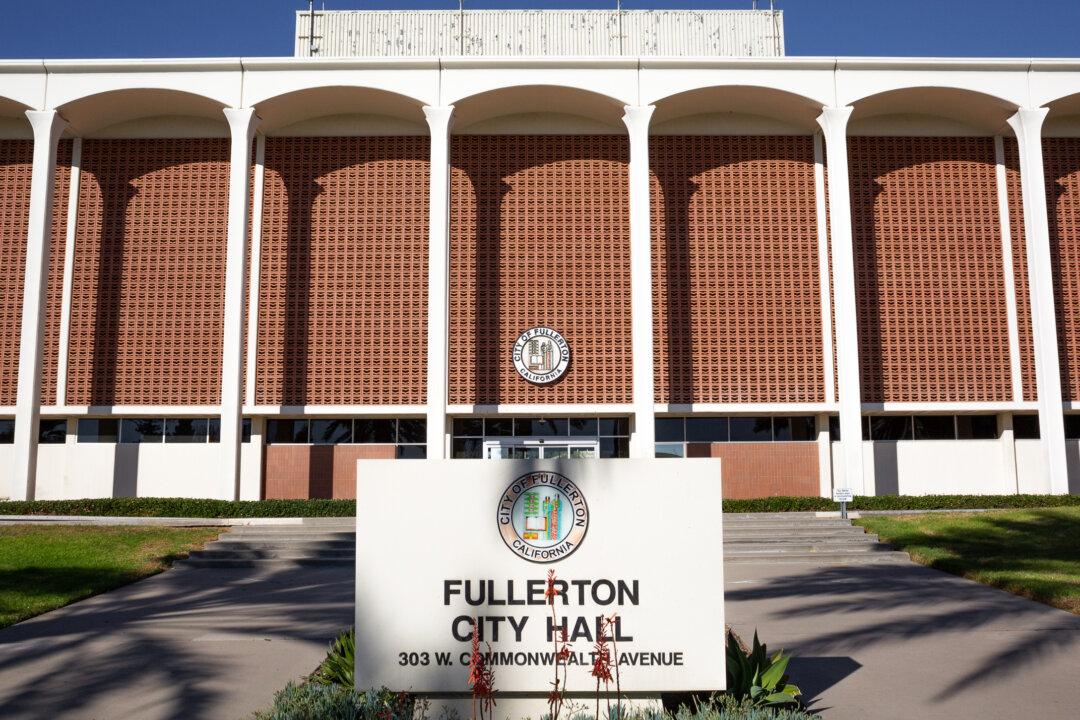Retail cannabis is no longer coming to Fullerton, California.
The Fullerton City Council voted 3-2 to rescind a previously passed measure at its Feb. 16 meeting, after citizens spoke up in favor of repealing the ordinance that would have permitted commercial cannabis sales within city limits.





